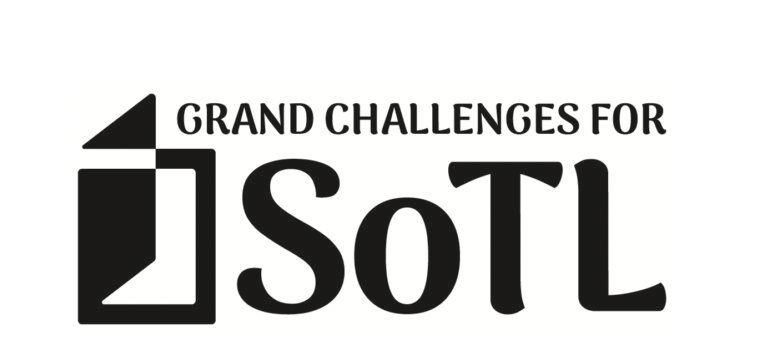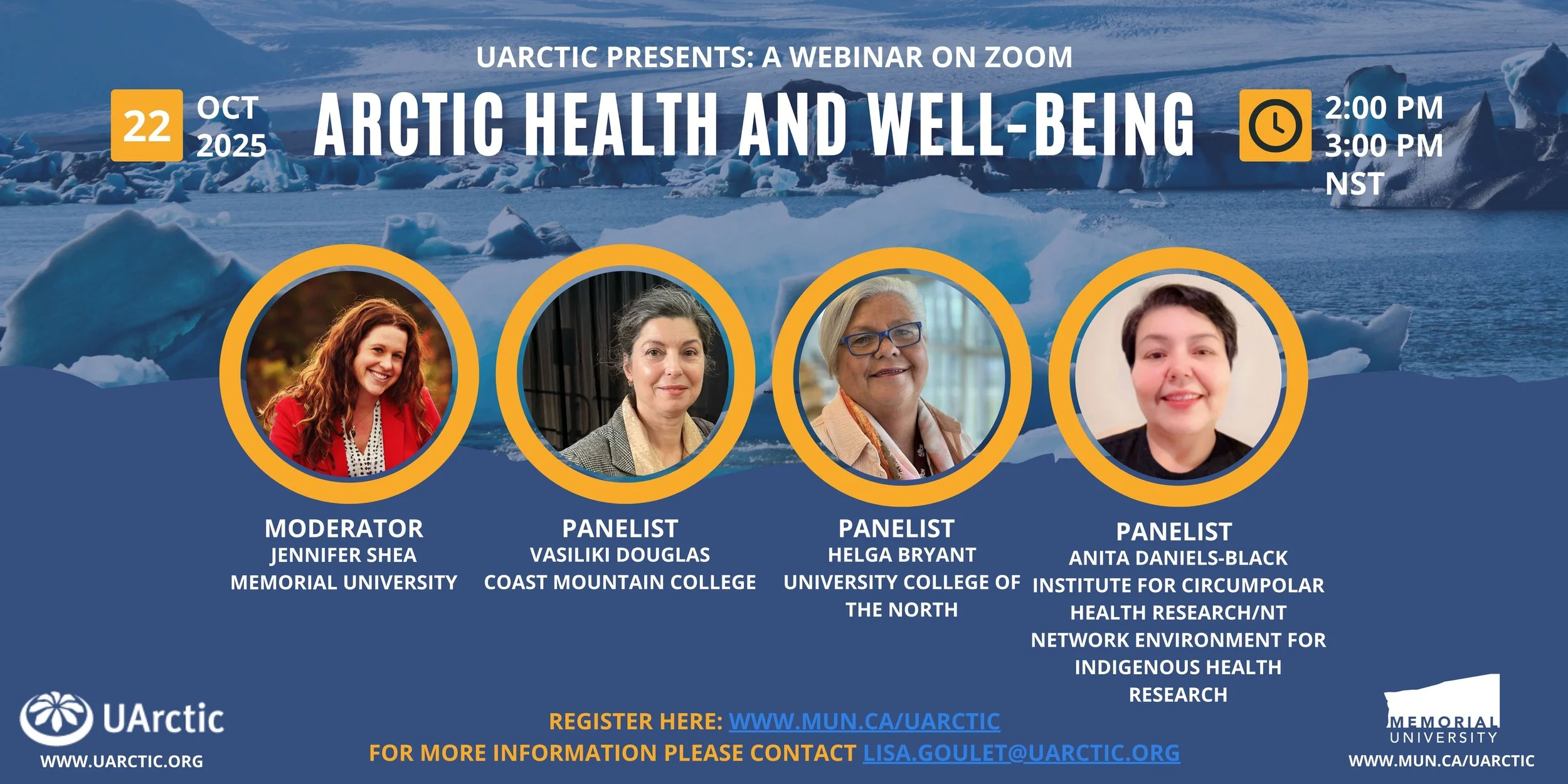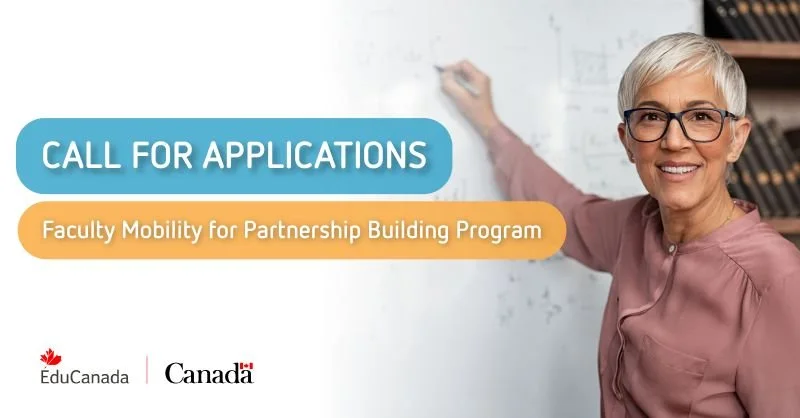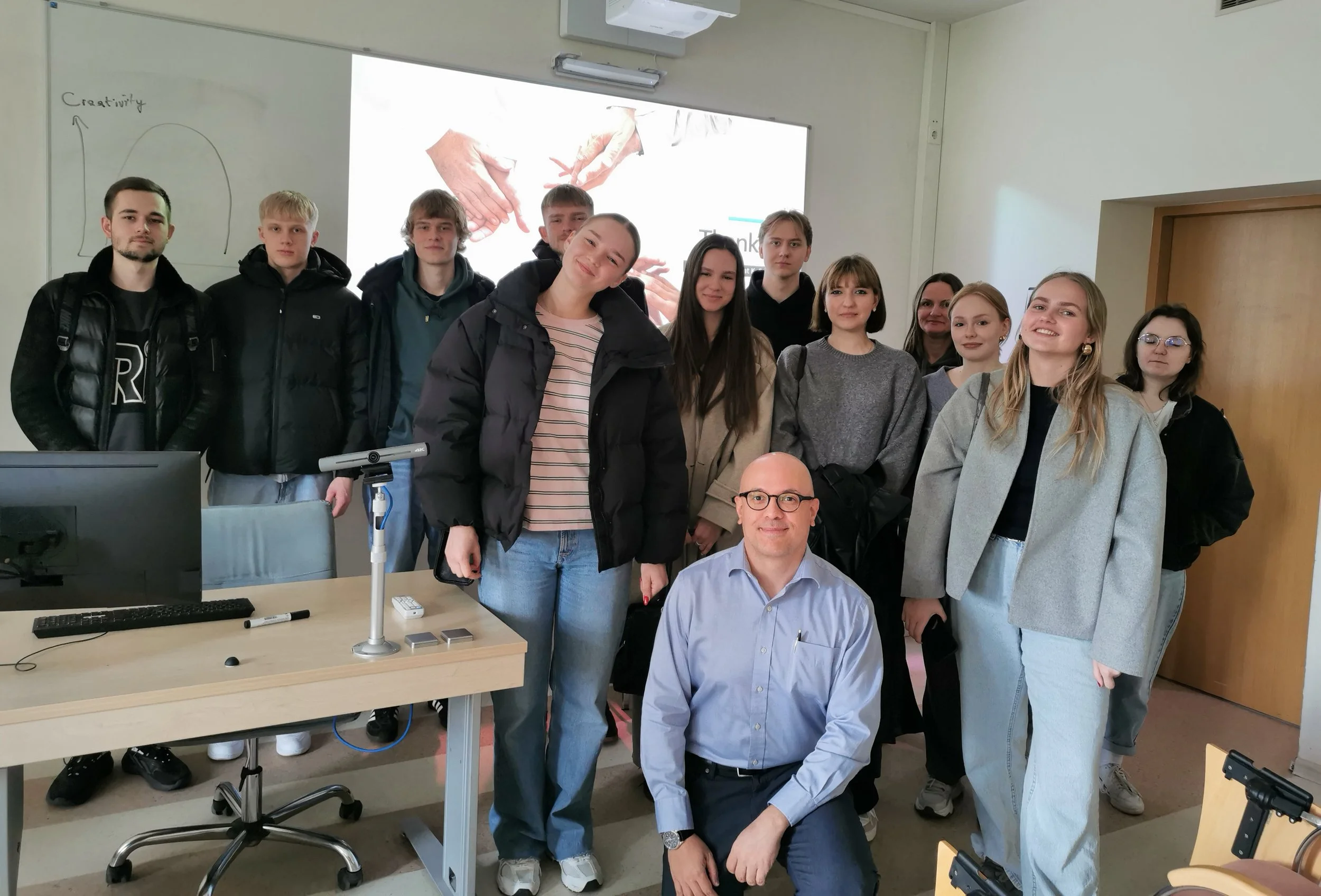Writing Help Online (WHO) is an online, interactive writing resource that uses active learning and scaffolding theories to help students develop writing skills. Faculty members at Saint Mary's University can add WHO to a course and incorporate it into the curriculum, or recommend the free independent study guides to students.
How WHO works
WHO runs through Brightspace and is organized into study guides on writing topics. Most study guides have three topics:
Explore
This topic presents the requirements for such writing topics as what makes an effective thesis statement.
Engage
In this topic, complete a study guide assessment. Answer true/false, multiple choice, and comparison questions to apply knowledge of the topic from Explore.
Elaboraate
Here, complete a final study guide assessment. Submit an example of the topic from Explore and Engage to the Writing Centre and receive individual feedback, which explains how well you are applying the information from all three topics.
What makes WHO unique
Most examples used in the study guides are academic. Students see how the information they are learning works in an academic context. Thus, rather than reading informal examples, such as “Suzie went to school,” students read academic examples, such as “Shields’ work raises questions of writing and narrative form.”
Rather than trying to understand all the elements and conventions of writing at once, students work on specific elements of writing in short, focused study guides.
Students work through study guides with increasing levels of interactivity. This process allows them to apply their skills in increasingly comprehensive ways.
Study guides
The program includes study guides in the following areas:
Academic Writing
Thesis Statements, Introductions, Paragraphs, Conclusions, and Transitions
Science Writing
Project Proposals, Reviewing Scientific Articles, and Lab Reports (Titles, Abstracts, Introductions, Materials and Methods, Results, Discussion Sections, Conclusions, Appendices, and Writing Strategies)
Business Writing
Subject Lines, Business Paragraphs, Pre-Writing Strategies, Tone, Transitions, and Case Analysis (Case Analysis Overview, Problem Definition, Introduction/Executive Summary, Environmental Analysis, Suggested Solutions and Alternatives, Recommendations, and Action Plans)
Grammar and Punctuation
What is a Sentence? (Subjects and Predicates), Types of Clauses, Run-on Sentences, Comma Splices, Commas, Colons, Semicolons, Apostrophes, Subject-Verb Agreement, Noun-Pronoun Agreement, and Sentence FragmentsPlagiarism and Citations
Electronic plagiarism, how to avoid it, paraphrasing, quotations, when to cite; guidelines for MLA, APA and Chicago style
Study guides can also be designed and adapted upon request.
Course participation
If you would like to use WHO in your course in the current or upcoming term, then please contact us with the course CRN and section, as well as the type of program participation you are interested in (e.g., assigned study guides or bonus points).
Instructor access to WHO
If you would like to see WHO in Brightspace, then please contact us with your name and “A” number. Registration requests may take up to a week to receive access; we'll then contact you with program navigation details.
Study guide design/adaptation requests
Study guides can usually be adapted for the current term or designed for an upcoming term. For example, an existing level one study guide can be modified with discipline-specific examples, or a new study guide can be custom designed to address a course-specific writing issue. Please contact us with any requests.
Contact WHO
Amanda Saoud
Educational Developer
AT 213 H
amanda.saoud@smu.ca
Most inquiries will receive a response within three business days.






























